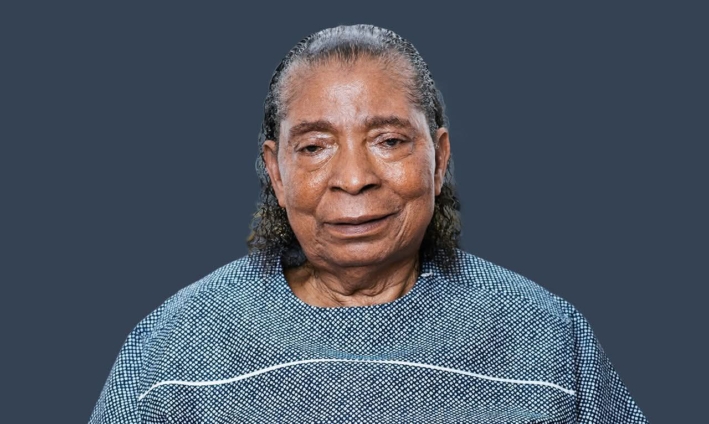By News18,Satyaki Baidya
Copyright news18

As Navratri celebrations sweep across the country, even prisons are joining in the festive spirit, revealing a side of prison life often hidden from public view.
While the outside world is filled with devotion and joy, prisoners also get the opportunity to remain connected to their religion and faith. These inmates celebrate Navratri through fasting, prayers, and bhajan-kirtan. The prison administration respects their religious sentiments, allowing them to observe fasts and perform pujas, thus making them part of this sacred festival.
What Does The Model Prison Manual 2016 Say
If a prisoner wishes to fast, they must inform the jailer. During Navratri, inmates in Indian prisons are provided with fasting food according to their religious beliefs, as mentioned in the Model Prison Manual 2016 and various state prison manuals. This arrangement primarily benefits Hindu and Jain prisoners who fast for nine days during Navratri.
State governments prepare diet charts based on guidelines from the Indian Council of Medical Research (ICMR). However, this provision varies across different prisons, depending on the state, facilities, and the prisoner’s status. On average, Rs 52-60 per day is spent on food per prisoner.
Religious Privileges In Prisons
Prisoners of different faiths, including Hindu, Jain, and Muslim, can inform the prison administration about their fasting requirements. For instance, during Ramadan, Muslim prisoners are provided with food early in the morning (before sunrise) to eat Sehri before fasting. The Punjab and Haryana High Court recommended a uniform policy for this in 2017.
During Sawan or other Hindu fasts, prisoners in Maharashtra are provided with fruits, sabudana khichdi, or fast-specific dishes from the canteen. Jain prisoners, such as former Delhi minister Satyendra Jain, also received a special Jain diet.
Navratri Food In Prisons
For the Navratri fast, vegetarian and satvik food is provided, excluding grains (wheat, rice) and salt. The menu includes sabudana khichdi, buckwheat or water chestnut flour puri/roti, boiled potato curry (without onion and garlic), fruits (banana, apple, orange, papaya), milk, yogurt, or buttermilk, peanuts, and special chutney for the fast.
Some prisoners fast throughout the day and only eat a light meal in the evening. In Delhi’s Tihar Jail, prisoners receive a special diet for Navratri, including sabudana and fruits. Many prisons also allow inmates to purchase fasting-appropriate items from their canteens.
Religious Activities In Prisons
Some prisons hold small events to worship Goddess Durga during Navratri. Prisoners may be allowed to pray at a temple or place of worship within the prison premises. In Maharashtra prisons, there is a provision for group worship in temples. Some prisons, like those in West Bengal or Tihar Jail, organise bhajan-kirtan or cultural programmes during Navratri to support the mental health of prisoners.
If a prisoner requires special puja materials (such as incense sticks and flowers) for Navratri, they can request them from the prison administration, subject to prison rules and security.
Special Festival Menus
Special menus are prepared in prisons for festivals like Durga Puja and Navratri. For example, in West Bengal prisons, items like mutton biryani or chicken curry are prepared, with vegetarian options available for those fasting.
Most prisons have canteens where prisoners can purchase food items with money, in addition to government-provided food. If a prisoner feels their religious needs are not being met, they can approach the court. For instance, the Bombay High Court once directed that a Muslim prisoner be provided with a Ramadan diet.
Quality Of Prison Food
The quality of prison food varies by state. Some prisons, such as Nawada Mandal Kara in Bihar or Fatehgarh Jail in Uttar Pradesh, have received a 5-star rating from FSSAI, indicating hygienic and nutritious food.
However, complaints are common in many places, with food being bland, less spicy, or of poor quality. The average cost per prisoner per day is Rs 52-60. Not all prisons provide the same facilities, with better food quality reported in southern states compared to northern India.
According to NCRB data, 47.9 percent of the prison budget is spent on food. In recent years, FSSAI certification and court orders have led to improvements.



